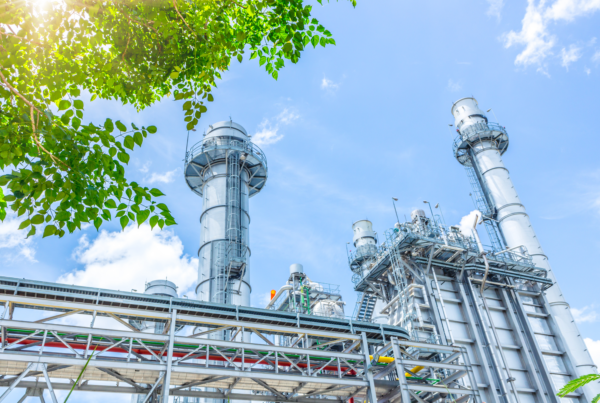The transition to electric vehicles is rapidly accelerating and companies are channelling their efforts to support carbon reduction throughout the production line. A key material used in this transition is polyurethane!
Polyurethane contributes to automotive sustainability by offering a lightweight yet highly durable material solution that enhances fuel efficiency and extends a vehicle’s lifespan. Its low density helps reduce vehicle weight, which directly lowers fuel consumption and emissions. At the same time, polyurethane’s exceptional durability and resistance to wear, weather, and corrosion ensure that vehicle components last longer, reducing the need for frequent replacements and minimizing waste.
To facilitate the green automotive transition, manufacturers continue to develop more sustainable polyurethane products, work to increase renewable energy use, source low-carbon raw materials, and create recycling solutions to reduce waste.
Huntsman, for example, is addressing emissions across its value chain by purchasing certified green electricity to power its MDI (a precursor for polyurethane) production. The company is investing in research on end-of-life foam recycling and collaborating with OEMs to integrate ‘designed-for-recycling’ materials into vehicle interiors.
Material selection similarly plays a key role in sustainability, and Huntsman is incorporating significant amounts of bio-based and recycled content into polyurethane solutions. For example, Huntsman’s ACOUSTIFLEX® VEF BIO, a bio-based viscoelastic foam system that can be used for automotive acoustic applications, contains up to 20% bio-based content and can reduce carbon footprint by up to 25%* compared to traditional systems.
As demand for circular economy solutions grows, Huntsman and companies like it are taking strategic steps to transform their product portfolios. With plastic usage in transport expected to triple by 2060 and the rise of electric vehicles, the polyurethane industry’s commitment to sustainability has never been more crucial.
You can read all about Huntsman’s work to promote sustainability in the automotive industry here.
*Internal LCA study using IPCC AR6 GWP100 including biogenic CO2 indicator




